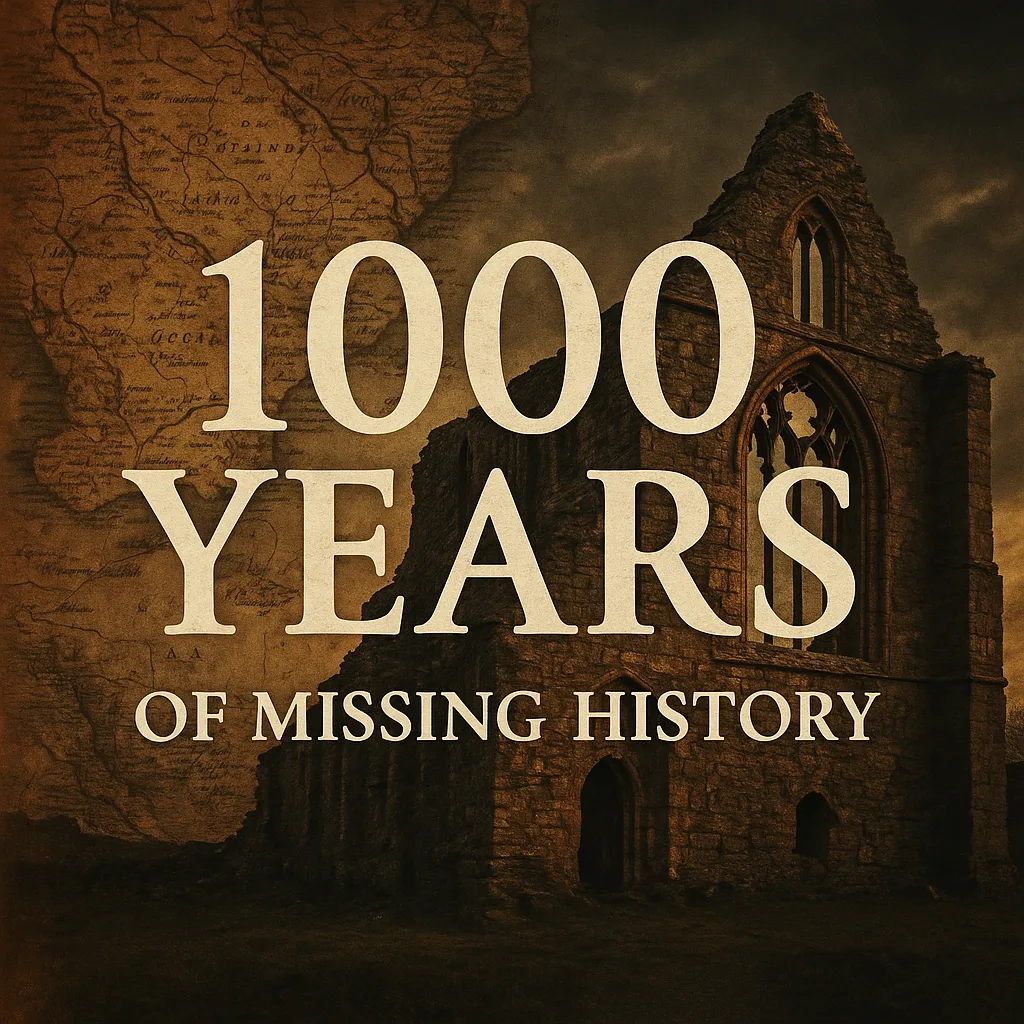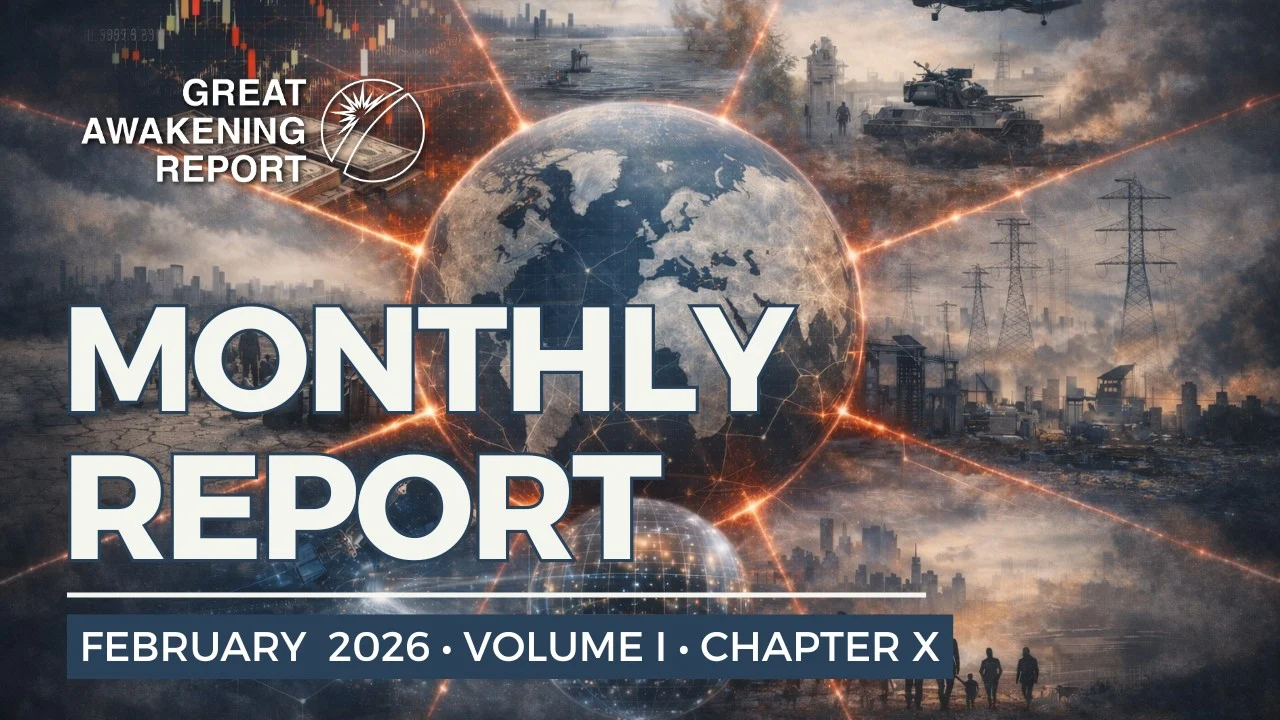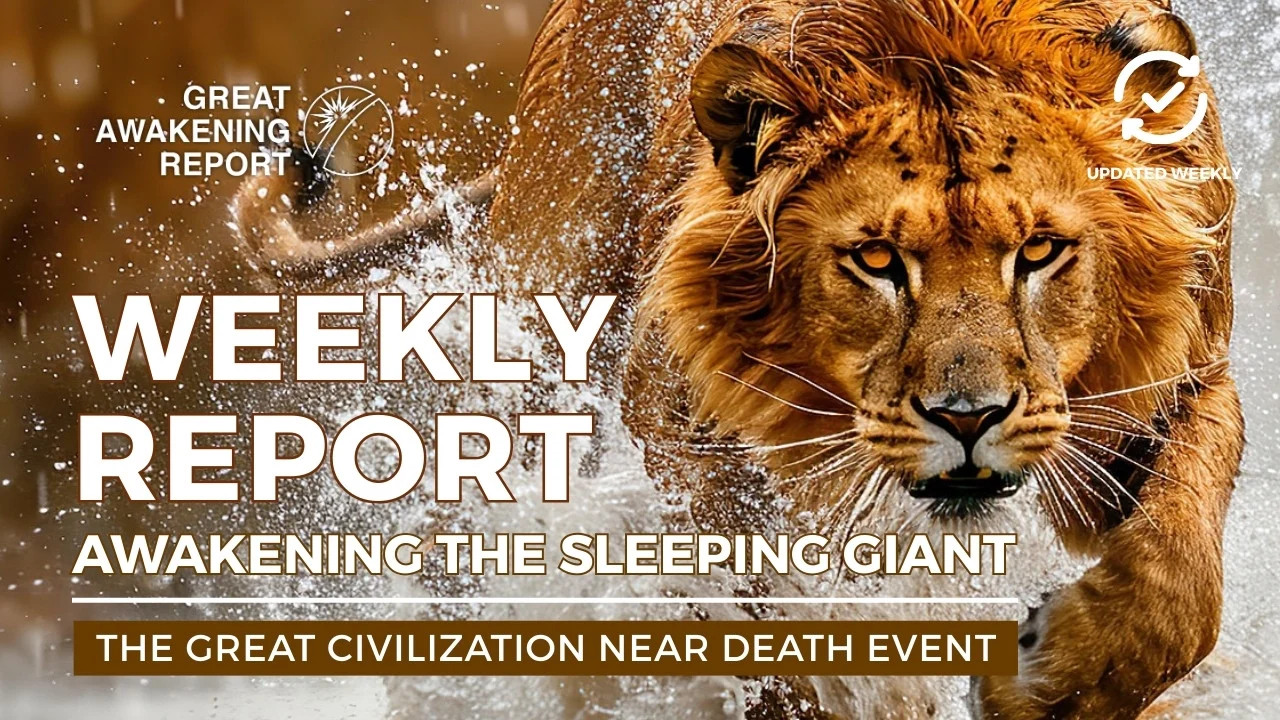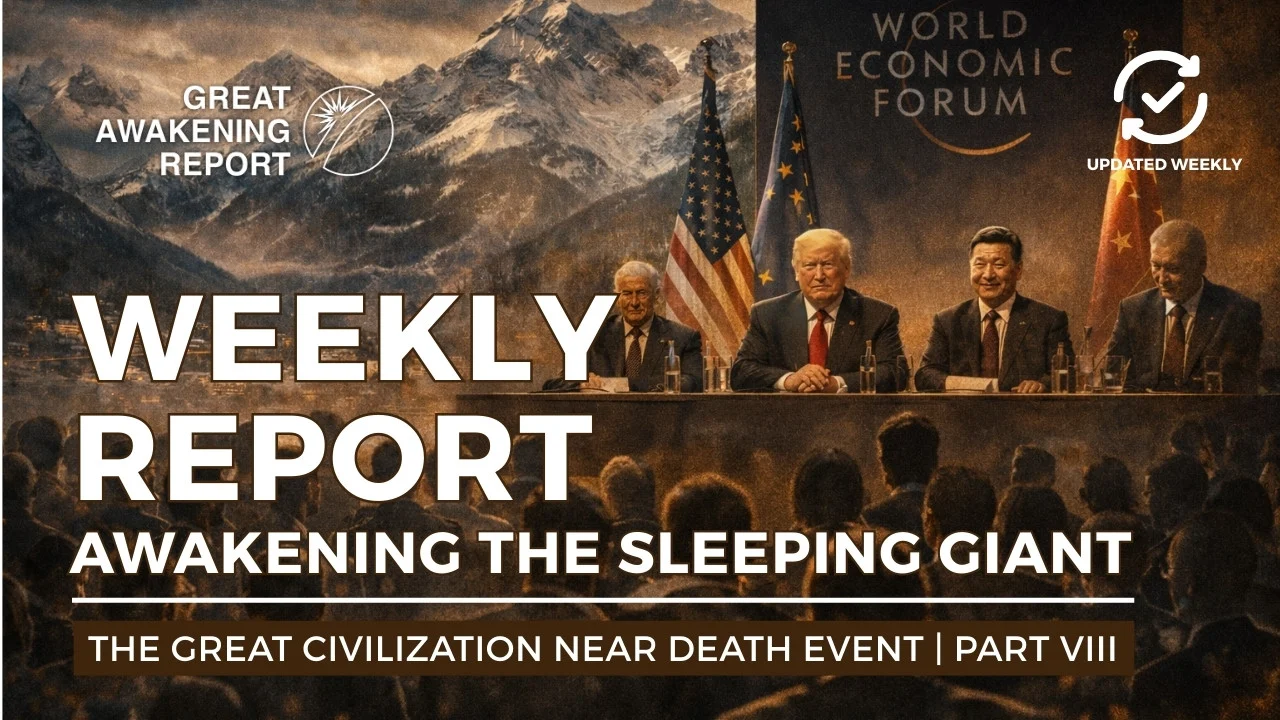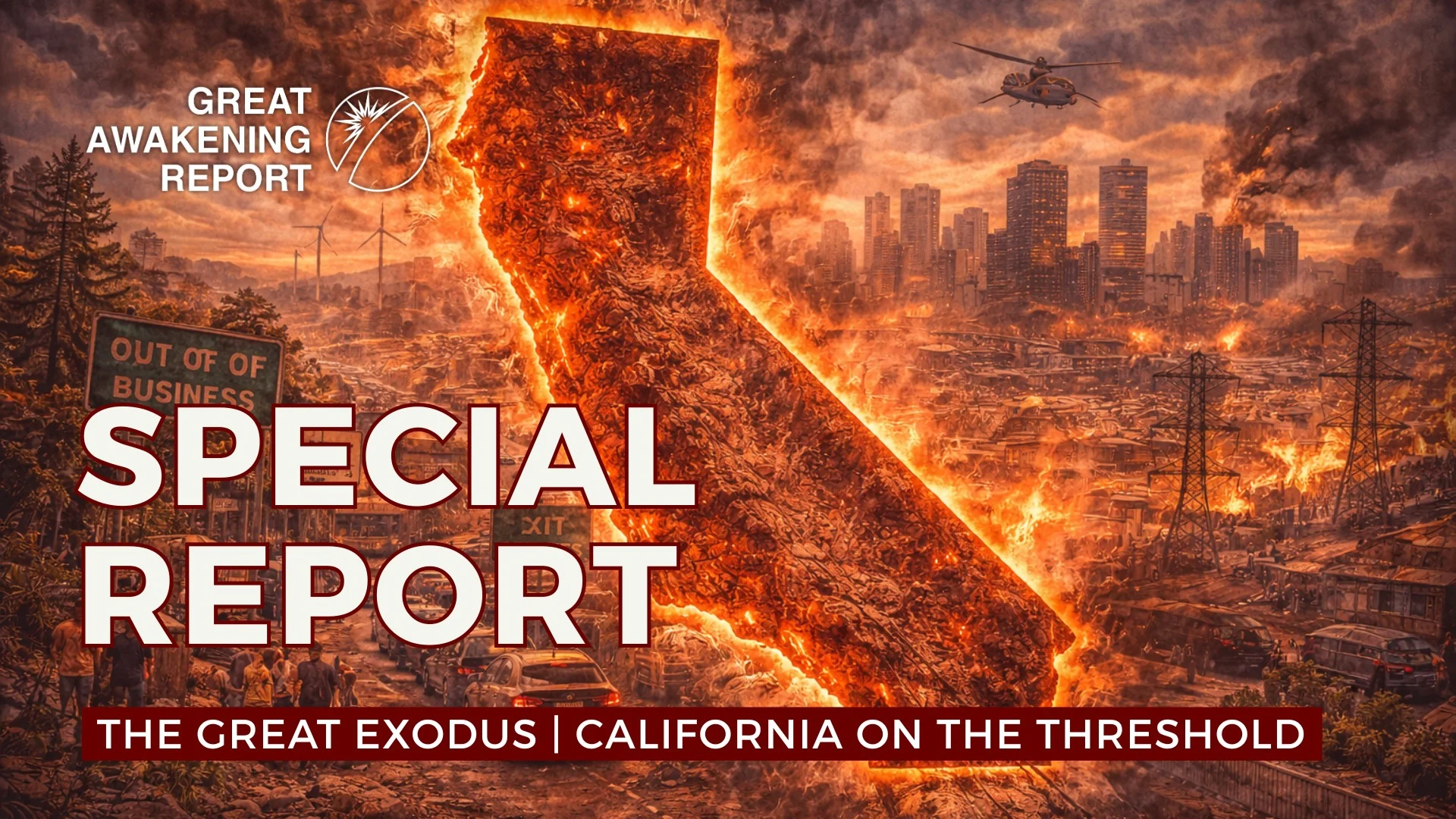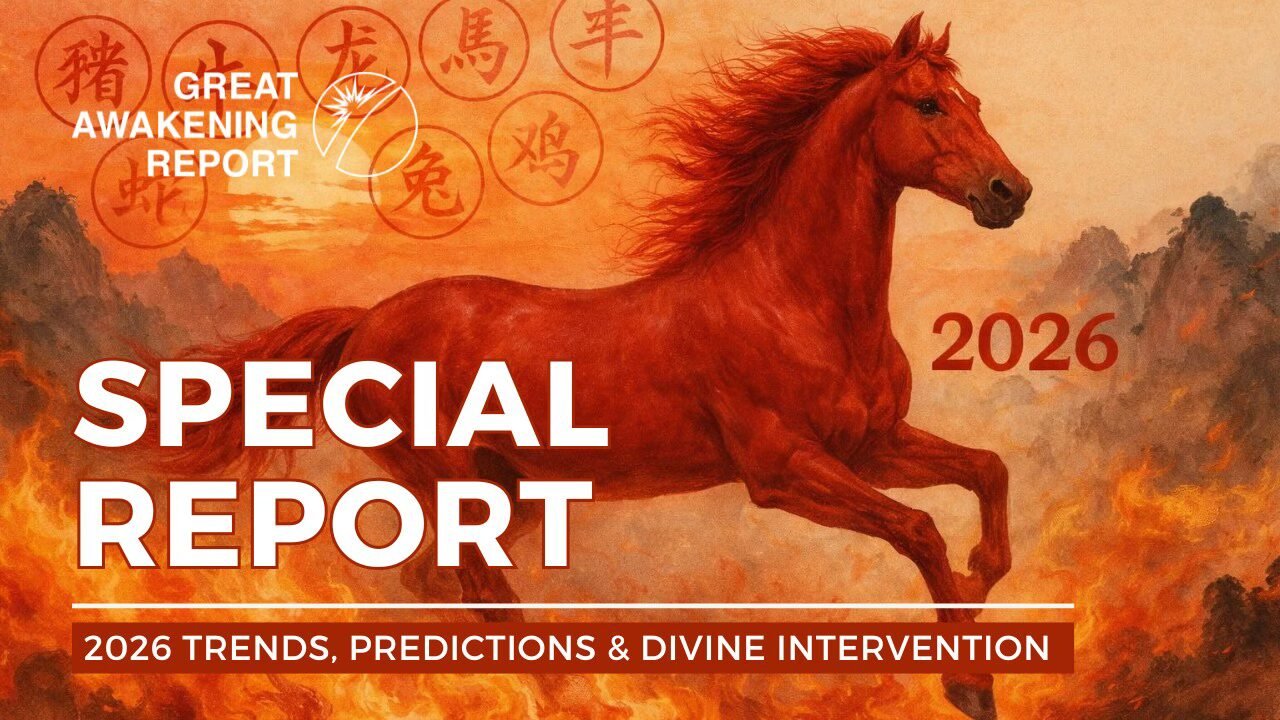Help Us Bypass Censorship. Share This.
Introduction: A Journey Through Time
Timelines serve as crucial frameworks for understanding history, providing context that allows individuals to grasp the sequence, significance, and relationships between events over centuries. By mapping out past occurrences alongside their chronological progression, timelines illuminate how historical contexts shape and influence contemporary cultural, political, and social dynamics. The ability to visualize these timelines enhances comprehension, emphasizing that historical narratives are often interconnected yet incomplete due to the gaps left by lost or intentionally suppressed stories.
The Unveiling of New Timelines
Recent revelations in timeline discovery have been significantly enhanced by the integration of advanced technologies and data management systems. For instance, Sandvik’s Newtrax mining data platform has revolutionized underground mining by enabling operators to capture and validate data offline. This capability allows for greater reliability in data management, leveraging a combination of automation and data solutions to enhance operational efficiency in challenging environments [Source: Australian Mining].
Additionally, in agriculture, artificial intelligence (AI) is playing a crucial role in discovery methodologies. Companies are deploying AI-driven insights to process extensive data sets, allowing agricultural professionals to optimize operations such as irrigation and input decisions through a unified platform. This shift not only improves decision-making efficiency but also helps to meet compliance requirements, making AI an integral part of standard operational procedures [Source: AgFunder News] and [Source: Farm Progress].
These methodologies, characterized by enhanced data management and AI integration, represent a significant advancement in the ways new timelines are uncovered and utilized across various industries.
The Impact of Missing History
The absence of significant historical events can profoundly impact modern cultures, societies, and civilizations. This “missing history” creates gaps in collective memory, leading to a lack of understanding about identity, values, and societal norms. For instance, when certain narratives are erased or altered, the shared heritage of a group can diminish, fostering a disconnection from roots and traditions. This loss can result in a homogenized culture that overlooks the diverse experiences that shape a community’s identity.
In societies where history is suppressed, individuals may struggle with a distorted view of their past, leading to apathy or disillusionment regarding their heritage. This can manifest in the form of cultural amnesia, where vital knowledge about historical injustices, achievements, and contributions is forgotten. Consequently, communities may find it challenging to form a cohesive identity, as they lack the historical context that would typically ground their collective consciousness.
Moreover, the implications extend to contemporary social structures and relationships. For example, historical grievances, when unacknowledged, can perpetuate cycles of conflict and inequality. Recognizing and addressing historical contexts is essential for healing and moving forward. Without this recognition, societal divisions can deepen, obstructing progress toward reconciliation and unity.
Additionally, missing history impacts future generations, who may inherit a skewed understanding of their legacy. Educational curricula that omit critical moments can foster an incomplete worldview, hindering the ability to critically engage with present-day issues. When young people are deprived of a comprehensive understanding of their history, their capacity to influence the future is significantly undermined.
Ultimately, the absence of history not only reshapes identities but also influences societal behavior and the potential for collective growth. Engaging with and preserving historical narratives is crucial for fostering informed and resilient cultures capable of navigating contemporary challenges. For further exploration of how history shapes societal narratives, consider checking out our article on The Great Awakening: Understanding Your Roots and the role of shared experiences in community building.
Archaeological Discoveries: Evidence and Insights
Archaeological discoveries continually reshape our understanding of human history, often revealing previously unrecognized timelines and cultural developments. Key findings, like the discovery of the ancient city of Pompeii, which was preserved under volcanic ash, provide critical insights into daily life during the Roman Empire. Tools such as ground penetrating radar (GPR) and LiDAR (Light Detection and Ranging) have revolutionized archaeological methods, enabling researchers to identify and map ancient structures without excavation, as utilized in the analysis of Mesoamerican sites like the Maya civilization.
Recent advances in DNA analysis have also allowed for the identification of ancient human remains, shedding light on migration patterns and genetic links across continents. For instance, studies of Peruvian mummies have provided evidence of ancient trade connections with distant lands.
Combining traditional excavation techniques with modern technology enhances the reliability of data, as seen with the integration of machine learning algorithms to analyze large datasets for patterns that may indicate historical events or societal changes over time. These methods foster a more nuanced understanding of history, challenging existing narratives and timelines while opening up discussions on the cultural significance of findings in sites like the Nazca Lines in Peru or the Great Zimbabwe ruins.
Through continuous innovation, archaeologists are unlocking mysteries of the past, connecting scattered pieces of our collective history to create a richer understanding of human civilization. For further exploration, check out related articles on archaeological technology advances and their implications on our cultural heritage.
Challenges in Historical Research
Historians face multifaceted challenges while reconstructing timelines and ensuring historical accuracy. One significant obstacle is the fragmentation of sources, leading to incomplete narratives. Historical texts, artifacts, and documents often survive only in bits and pieces, making it difficult to create a cohesive story. For instance, many ancient cultures left limited documentation, and many records were lost to time due to deterioration or intentional destruction, as seen during periods of conflict and regime changes [Source: American Historical Association].
Moreover, bias and perspective play a crucial role in shaping historical accounts. Historians must critically evaluate their sources, understanding that many were produced with particular agendas, which can skew perceptions of events or figures. For example, accounts of colonial history often differ vastly between colonizers and indigenous perspectives, necessitating a careful, deliberate approach to reconcile these viewpoints [Source: University of Chicago Press].
Another significant barrier is the interpretive nature of history itself. Historians rely on their analytical skills to interpret data, which can lead to differing conclusions about the same events. This is particularly evident in contentious historical topics such as wars or social movements, where various interpretations arise based on differing methodologies and theoretical frameworks [Source: AHA’s Perspectives].
Lastly, challenges pertaining to access to information can hinder research efforts. This includes the availability of materials, especially for marginalized groups, as many historical documents are still not digitized or are housed in inaccessible locations. Furthermore, the ongoing debate surrounding censorship and the preservation of archives poses additional hurdles for historians striving to access a comprehensive view of history [Source: International Council on Archives].
These challenges underscore the complexity involved in historical research and illustrate the continuous effort needed to refine our understanding of the past.
The Future of Historical Research
Advancements in technology and contemporary methodologies are poised to significantly reshape the field of historical research in the coming years. As we move deeper into the digital age, historians will increasingly harness big data analytics, artificial intelligence (AI), and machine learning to reinterpret historical events and trends more comprehensively. For instance, the integration of AI could facilitate advanced data analysis, allowing researchers to uncover patterns and correlations in historical data that were previously obscured or too vast for traditional methods to manage [Source: AgFunder News].
Moreover, the digitization of archival materials and the proliferation of data management platforms will enable historians to create richly layered narratives that incorporate data from diverse sources, including social media, satellite imagery, and multimedia records. This multifaceted approach can revolutionize our understanding of historical contexts and dynamics, allowing for the reconstruction of timelines with unprecedented accuracy [Source: Australian Mining].
The adoption of collaborative tools will also foster a more inclusive approach to historical research, inviting contributions from the public and stakeholders. This could lead to a democratization of history, where various perspectives, particularly those of marginalized communities, are documented and analyzed extensively. These strategies not only expand the breadth of research but also enrich the narratives we construct about the past.
In essence, the future of historical research lies in embracing these technological advancements, which promise to unveil new insights, challenge existing paradigms, and ultimately create a more nuanced understanding of our collective history. As we navigate this evolving landscape, collaboration and a commitment to ethical data use will be essential in maintaining the integrity of historical scholarship.
Sources
Help Us Bypass Censorship. Share This.
Have questions?
At Great Awakening Report, we are dedicated to supporting your journey toward truth and enlightenment through our specialized Coaching and Consulting services.
Coaching Services: Our coaching programs are designed to guide you through personal awakening and transformation. We offer personalized sessions that focus on expanding consciousness, uncovering hidden truths, and fostering spiritual growth. Our experienced coaches provide the tools and insights necessary to navigate your path with clarity and confidence.
Consulting Services: For organizations and individuals seeking deeper understanding and strategic guidance, our consulting services offer expert analysis and solutions. We delve into areas such as global transitions, alternative news insights, and consciousness studies to provide comprehensive strategies tailored to your unique objectives.
Embark on a transformative journey with our Coaching and Consulting services, and unlock your highest potential. To learn more and schedule a session, visit our Coaching and Consulting pages.
Thank you
Thank you to our subscribers and readers for your continued support and dedication to truth and awakening. Your encouragement, engagement, and belief in our mission make everything we do possible. Together, we are expanding awareness and helping illuminate the path forward.
If you would like to further support the Great Awakening team and our ongoing efforts to share insight, knowledge, and truth, you can DONATE HERE.
With deep gratitude,
– Great Awakening Team
DISCLAIMER: All statements, claims, views and opinions that appear anywhere on this site, whether stated as theories or absolute facts, are always presented by The Great Awakening Report (GAR) as unverified—and should be personally fact checked and discerned by you, the reader.Any opinions or statements herein presented are not necessarily promoted, endorsed, or agreed to by GAR, those who work with GAR, or those who read or subscribe to GAR.Any belief or conclusion gleaned from content on this site is solely the responsibility of you the reader to substantiate.Any actions taken by those who read material on this site are solely the responsibility of the acting party.You are encouraged to think for yourself and do your own research.Nothing on this site is meant to be believed without question or personal appraisal.
COPYRIGHT DISCLAIMER: Citation of articles and authors in this report does not imply ownership. Works and images presented here fall under Fair Use Section 107 and are used for commentary on globally significant newsworthy events. Under Section 107 of the Copyright Act 1976, allowance is made for fair use for purposes such as criticism, comment, news reporting, teaching, scholarship, and research.
COMMUNITY GUIDELINES DISCLAIMER: The points of view and purpose of this video is not to bully or harass anybody, but rather share that opinion and thoughts with other like-minded individuals curious about the subject.

